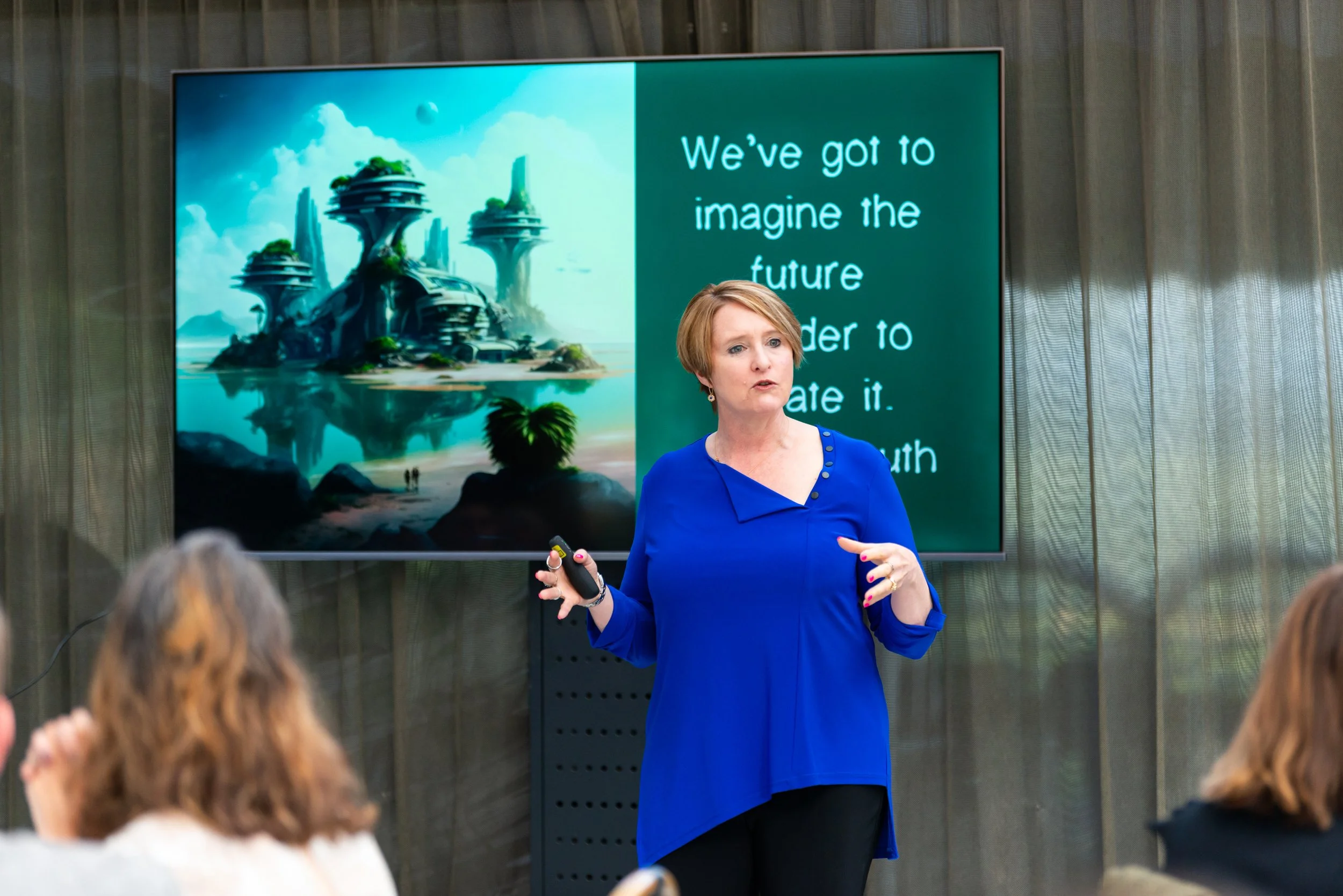“What percentage of your life is currently your own?”
This is one of the questions I ask clients when we first start working together. The majority answer less than 100%. The sense of obligation is rife.
It got me thinking about what holds us back. Obligations are one of the big anchors we drag along behind us. They drain energy and vitality. They are one of the biggest risks to Boundless Leadership.
Boundless Leadership is stepping boldly in to the unknown where everything is possible. Limitations are dissolved, and our energy is abundant with enthusiasm, and industry.
Obligation clogs up the petrol of our passion.
Some obligations are non-negotiable. These are ones we agree to as good social citizens. We accept that following these rules may not always be in our best interest, but are for the greater good. They also keep us from devolving in to selfish opportunists, focused only on personal gain. Legal and ethical obligations are examples. Paying taxes, speaking up, reporting crimes can feel like we are sacrificing our personal good, and yet there is a greater benefit at stake that extends beyond the personal realm. Taxes give us services like rubbish collection, education, police protection. Speaking up and reporting crimes ensure the safety of the community.
Thus some obligations which can feel like a lose/win situation are really commitments to a better way of life.
Leadership principles for a healthy balance
Let’s make a distinction between OBLIGATION and COMMITMENTS.
Leadership choices and obligations table
Leadership perspectives on choice and obligation
Obligation is where the balance is out of favour: we give more than we receive. It creates feelings of resentment, it clogs up our energy and mental space, and we feel drained. It is duty-driven.
Obligations I hear from clients usually start with, “I can’t…. because….” Some examples are:
“I can’t leave my job because I have bills to pay.”
“I can’t leave my spouse because the kids are still in school.”
“I can’t take that role because my team needs me.”
“I can’t leave my company because I’ve been there for twenty years.”
They sound like commitments - choices based on values - but really there is a deep unhappiness churning beneath.
People argue for their limitations. When they do, a little piece of their soul wilts.
Commitments are choices we make based on our values. As a result we experience a win-win: our choice is good for others as well as for us because it is an expression of what we believe is most important. These kinds of choices give us the energy of enthusiasm, and our intentions feel clean.
When I started work at Outward Bound Australia in 1996, I had a full commitment to the organisation. My values were in complete alignment with the organisation’s mission and motto: to help people discover their potential, and “To serve, to strive, and not to yield.” This sustained passionate commitment for nine years.
Commitments sometimes become obligations over time. Our values change when we grow and have new perspectives. This is what happened in my work at Outward Bound. After I had cancer, I clarified what was most important to me and realised the lifestyle I had at Outward Bound was no longer in line with my new priorities. I wanted to be a bit more comfortable, less struggle. I wanted new experiences.
Before I left, I realised my commitment had become an obligation: I did not want to leave because I felt a sense of duty. I did not want to leave anyone in the lurch or let anyone down. I was sacrificing my own ambitions for loyalty to an organisation that had been my home and hearth for a significant component of my life. The choice to stay, one based on what felt like noble duty, had become a drain rather than a gain.
When I left, I did let people down. The CEO was disappointed and did everything possible to change my mind. What kept me steady in my decision is knowing that a choice made out of obligation is a corrosive one.
Wayne Dyer said, “A relationship based on obligation has no dignity.”
My mentor Matt Church quoted this recently, and it was like the bell of truth chiming through the noise.
As Boundless Leaders, we need to check regularly if we are making choices based on, “I have to … because….” or, “I choose to…. because…”
A commitment-full life is an integrity-filled life.
What percentage of your life is currently your own? Do you have commitments that have become obligations? What obligations might be renewed as commitments? What obligations need to be ended because of their drain?
Zoë
p.s. We’ll be exploring leadership beyond borders at the Leadership Retreat in Tasmania Nov 2-5. I would love to take you to the edge and see what is possible. Details here.
***
Related Articles:
Do you need to acclimatise?
When other people ruin your day
Your two key responsibilities as a senior leader
***
About the author, Canberra leadership expert Zoë Routh:
Zoë Routh is one of Australia’s leading experts on people stuff - the stuff that gets in our way of producing results, and the stuff that lights us up. She works with the growers, makers, builders to make people stuff fun and practical.
Zoë is the author of four books: Composure - How centered leaders make the biggest impact, Moments - Leadership when it matters most, Loyalty - Stop unwanted staff turnover, boost engagement, and build lifelong advocates, and People Stuff - Beyond Personalities: An advanced handbook for leadership. People Stuff was awarded Book of the Year 2020 by the Smart WFM Australian Business Book Awards.
Zoë is also the producer of The Zoë Routh Leadership Podcast.


